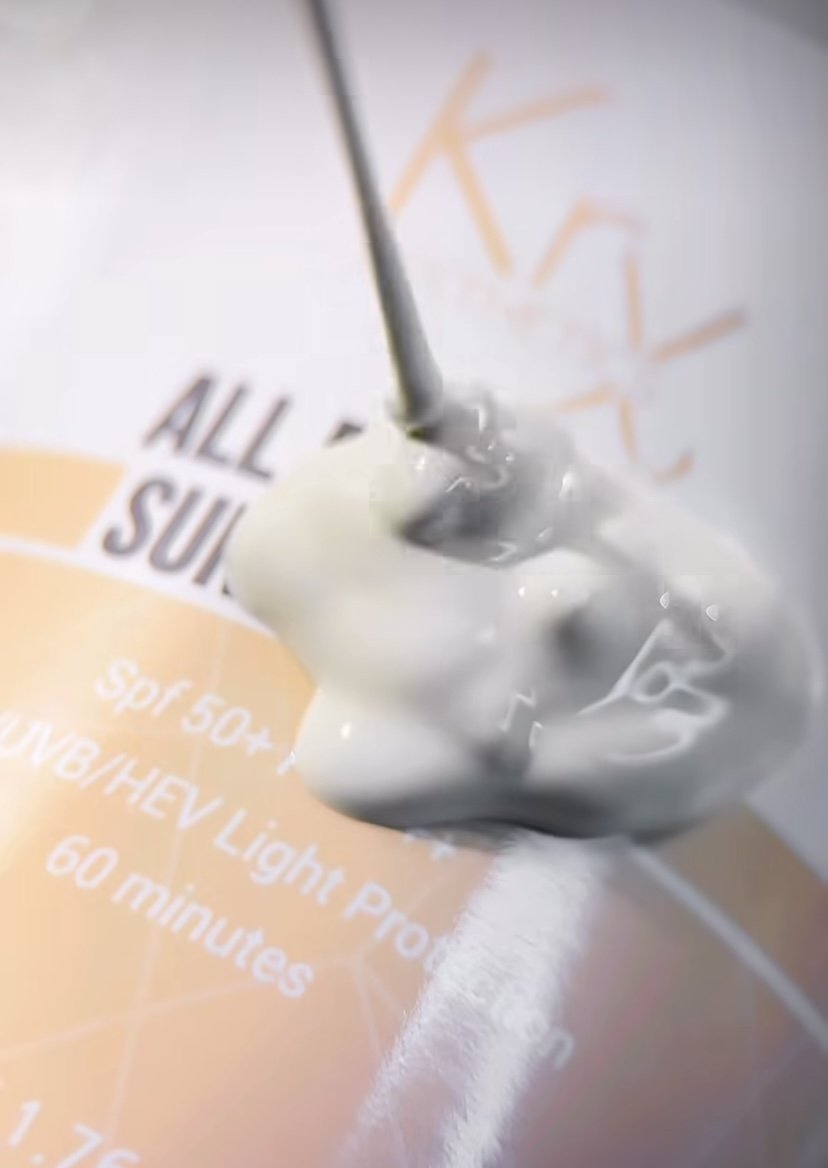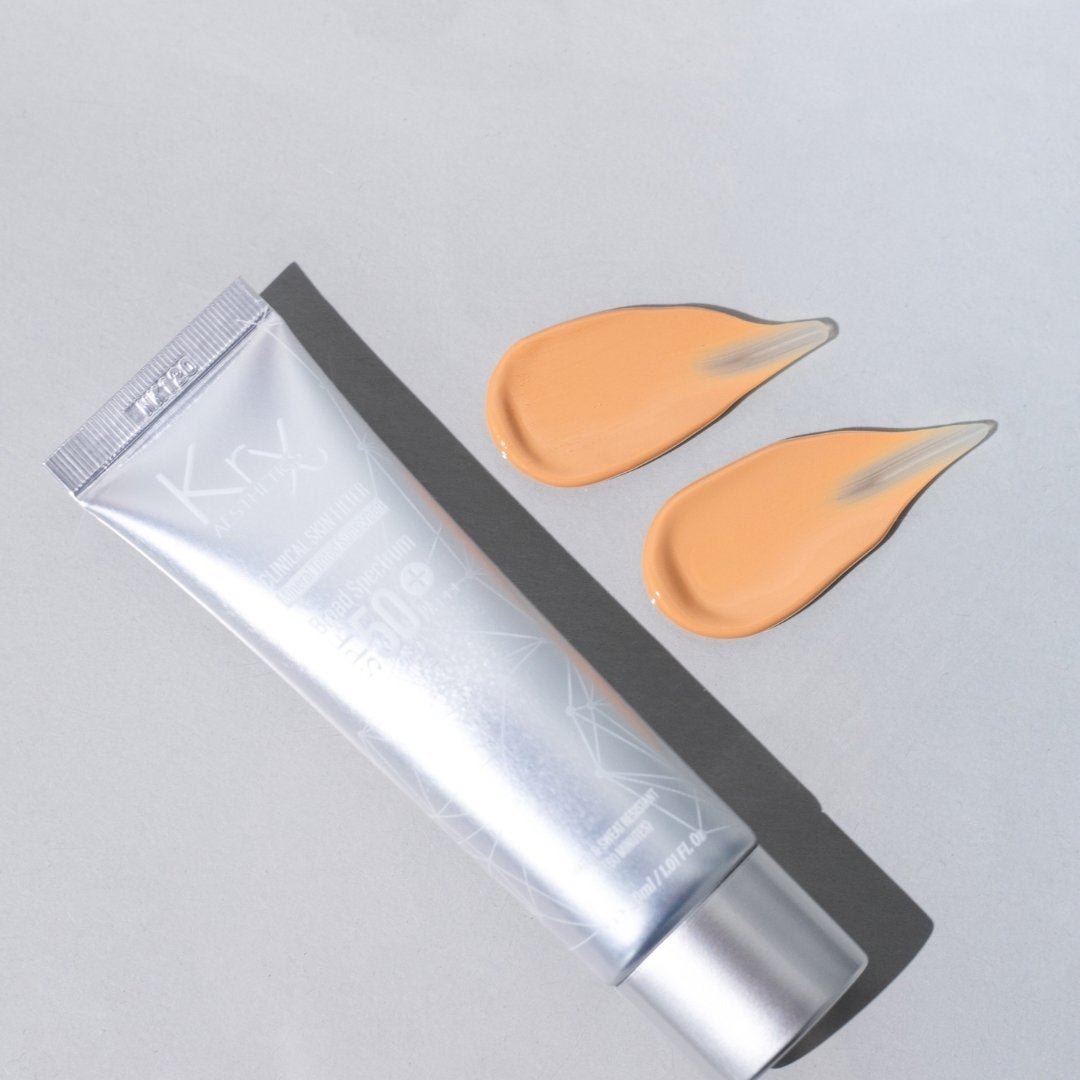Difference Between Sunscreens: Which Broad Spectrum Sunscreen Is Right for Your Skin?
Prevent Skin Cancer With Sunscreen
When it comes to achieving healthy, radiant skin, sun protection is one of the most important steps in any routine—especially in Korean skincare. Whether you're trying to prevent premature aging, sun spots, or UVA ray and UVB ray damage, applying sunscreen every day is essential. But not all sunscreens are created equal.
Broad spectrum sun protection is vital for preventing skin cancer.
In this guide, we’ll break down the difference between chemical vs. mineral sunscreens, the pros and cons of each, and how to choose the right sunscreen for your skin type and lifestyle.
UVA Rays and UVB Rays
Both chemical and mineral sunscreens are designed to protect the skin from ultraviolet (UV) radiation—specifically UVA and UVB rays. UVA rays contribute to skin aging, while UVB rays are responsible for sunburn. Both types of rays can damage the skin and increase the risk of skin cancer over time.
What Is Chemical Sunscreen?
Chemical sunscreens work by absorbing and converting UV rays into heat, which is then released from the body. These formulas are commonly used in many Korean sunscreens due to their lightweight feel and blendable texture.
Common chemical sunscreen ingredients:
Avobenzone
Octocrylene
Oxybenzone
Homosalate
Octinoxate
Benefits of chemical sunscreen:
Lightweight and fast-absorbing
No white cast, making them ideal for all skin tones
Easy to layer under makeup
Important to note:
Requires 15–30 minutes to become effective after application.
What Is Mineral Sunscreen?
Mineral sunscreen (also known as physical sunscreen) sits on top of the skin and acts as a barrier, physically reflecting UV rays away. Many Korean mineral sunscreens are now formulated to feel more light and wearable, with less of the thick, chalky texture traditionally associated with physical sunblocks.
Common mineral sunscreen ingredients:
Zinc oxide
Titanium dioxide
Benefits of mineral sunscreen:
Gentle on sensitive or reactive skin
Provides immediate protection after application
Reef-safe
Drawbacks:
Can leave a white cast, especially on deeper skin tones
Flashback effect with flash photography
Slightly thicker texture compared to chemical options
Which Sunscreen Is Better for You?
The best sunscreen is the one that fits your skin’s unique needs—and that you’ll use every day. Here’s a quick guide based on skin type:
Sensitive skin: Mineral sunscreen is usually the safest choice, but most Korean sunscreens are formulated for all skin types, even sensitive.
Oily or acne-prone skin: Look for non-comedogenic or acne-safe formulas in either sunscreen type.
Normal to dry skin: Chemical sunscreens often provide a more hydrating finish.
Makeup wearers: Chemical sunscreen tends to layer better under foundation or BB cream.
Eco-conscious users: Mineral sunscreens are generally reef-safe and biodegradable.
Why Korean Sunscreens Are a Top Choice
Korean skincare sunscreens are globally recognized for their advanced formulations, skin-loving ingredients, and elegant textures. Whether you prefer mineral or chemical sun protection, Korean sunscreens often include benefits both components like the combination of Zinc Oxide, Titanium Dioxide, and Octocrylene in our KrX Skin Filter Tinted Sunscreen SPF 50 PA+++.
At Mystic Beauty and Skincare, we specialize in curating high-performance Korean sunscreens that support both skin health and comfort.
Top Korean sunscreen picks:
Pfect-A Solar Elixir Serum Sunscreen –Lightweight, serum-like non-sticky chemical sunscreen. Absolutely no white cast and ideal for all skin types and tones.
KrX Aesthetics Sunblocker –waterproof broad spectrum chemical sunscreen. Also contains Titanium Dioxide.
KrX Skin Filter Tinted Sunscreen SPF 50 PA+++ – Tinted makeup sunscreen with sheer finish that blurs pores + hydrates. Chemical but contains Titanium Dioxide and Zinc Oxide.
Final Thoughts on Choosing Broad Spectrum Sun Protection
Understanding the differences between chemical and mineral sunscreens helps you make informed decisions for your skincare routine. Whether you’re focused on anti-aging, acne prevention, or maintaining a healthy glow, consistent sun protection is one of the most effective tools for long-term skin health.
The BEST sunscreen is one you like and will actually wear!
Explore our full collection of Korean sunscreens at Mystic Beauty and Skincare to find the perfect SPF for your skin type and lifestyle.


